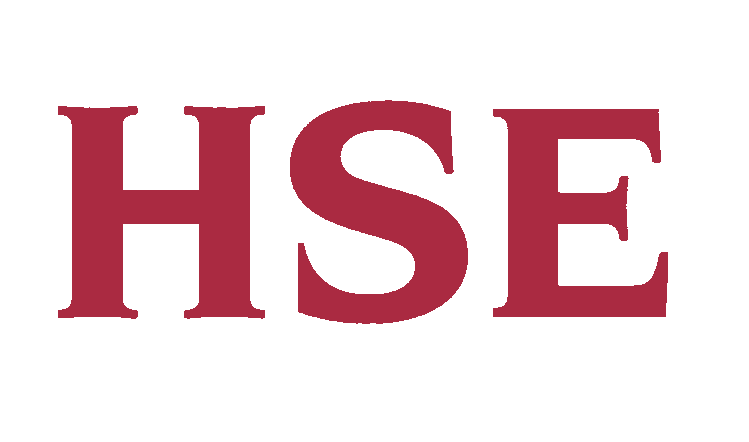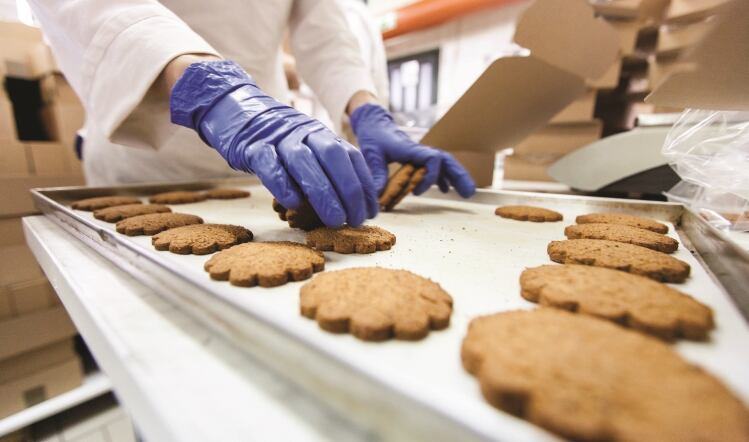Three years on from the arrival of stricter penalties for health and safety offences in the workplace, the impact on food and drink businesses has been considerable.
The Sentencing Council’s Definitive Guideline, which came into effect in February 2016, calculates penalties from company turnover rather than profitability. The change in law, which also applies to corporate manslaughter and food safety and hygiene offences, has resulted in significant fines for a number of larger manufacturers.
In 2017 alone, Bakkavor was given a £2m fine after a worker died from falling plastic bales, Greencore was handed a £1m penalty following the death of a contractor who fell from a stepladder, and Warburtons was hit with fines of £2m and £1.9m for respective incidents in which a worker sustained spinal injuries following a fall and another’s arm was trapped against a running conveyor belt.
Given the gravity of such incidents, it’s no wonder manufacturers are reducing their liability risk by seeking out the latest technologies to make their factories and warehouses safer working environments.
Since the Guideline was introduced, the number of £1m-plus fines has continued to rise steadily, exceeding 40 across all industries at the last count, according to law firm Walker Morris. It adds that Health and Safety Executive statistics for 2017/18 indicate a 95% conviction rate for businesses subject to the Guideline, with fines totalling £72.6m for the year.
“Food retail and food manufacturing companies have been on the receiving end of some of the largest fines since the Guideline was introduced, with falls from height, vehicle movements and machinery-related incidents among the most frequent issues,” says Rob Starr, director in the health and safety team at Walker Morris.
Risk assessment
It is essential that companies of all sizes risk-assess and review existing systems and procedures, Starr advises. As part of this, staff should be appropriately trained and supervised, and contemporaneous records should be retained and easily accessible.
“In many cases, incidents could have been avoided if the workplace activity had been properly planned and basic safety measures put in place,” he says. “The importance of properly managing a serious incident and subsequent investigation can be the difference between an acquittal and a multi-million pound fine, not to mention the potentially devastating reputational damage.”
There is evidence that manufacturers are taking health and safety measures more seriously since the Guideline was introduced, according to stainless steel equipment and furniture manufacturer Teknomek.
“In our first-hand experience of visiting customers over the past three years, we have certainly noticed new health and safety measures being introduced across numerous sites,” says Sue Springett, commercial manager at the Norwich-based company.
“This is immediately apparent in the amount of safety rails, truck and safety guards that have sprung up, especially around processing machinery,” she suggests. “I should hasten to add this isn’t because the safety features on the kit is necessarily lacking, it’s more the case that business owners are becoming extra cautious, given they are now personally liable.”
Springett has also seen rising demand for Teknomek’s emergency eyewash stations from food and drink firms over the last 12 months.
Preventative action
“We’ve also had a notable increase in enquiries around Euro tubs, particularly in relation to RIDDOR [Reporting of Injuries, Diseases and Dangerous Occurrences Regulations] guidance on pushing and pulling,” she says. “Again, it seems preventative action is a significant driver for sales – we’ve seen uplifts for handling equipment, and even for handling loads over short distances.”
While unable to definitively link the rising demand to the regulations, Springett suspects there is a correlation between the introduction of the Guideline and a growth in related areas.
“Products supporting health and safety form a significant, and growing, part of our catalogue,” she explains. “Our range covers safety steps and stools, door closers, first aid and emergency, and increasingly, we’re seeing demand for furniture that supports occupational health, such as ergonomic seating and height-adjustable tables.”
Anti-fatigue matting, meanwhile – one of Teknomek’s newer product lines – has become a best-seller. “Many roles in food facilities are fairly sedentary, especially on the production line,” says Springett. “These mats are proven to improve muscle activity by around 50%, compared with subjects standing on concrete floors.”
Logically, the most effective way of reducing the risk of workplace health and safety incidents on the factory floor is to remove the workforce completely. When it comes waste disposal, Somerset-based Seepex supplies progressive cavity (PC) pumps to automate the process.
Manual lifting
“It takes away the physical manual lifting but it also takes away health and safety risks associated with moving tote bins, for instance, around a factory and with forklift truck traffic,” says Lesley Eaton, business development manager at Seepex.
The firm’s pumps are supplied to all sizes of operations, from small breweries and producers of ready-to-eat fruit snacks to major poultry and frozen food manufacturers.
“Our pump will take, for example, whole chickens, cabbages or peel, chop it and then pump it with no added water in enclosed pipework to receptacles in the yard,” says Eaton. “Taking a waste product out of a factory is not adding value to a product, yet it can be quite labour-intensive.”
Similarly, flexible robotic packing and palletising systems can eliminate arduous and repetitive tasks and reduce manual labour in inhospitable chilled environments.
Expecting the fully automated dark factories of Industry 4.0 to be a longer-term prospect, Brillopak works with Omron to develop systems that combine automation with manual labour. This includes technology that allows robots to slow down when an operator approaches, and the Sysmac automation platform that embeds safety as part of a wider control programme.
“Health and safety should never be an afterthought,” says David Jahn, director of Brillopak. “It is critical that factories take a strategic view of the legal and operational requirements at the outset. Automated packing, case-loading and palletising machines should always be designed around safety rather than designed for a function and then bolted on to a safety system later on in the manufacturing or testing process.”
Providing mental health support
Mental health has become less of a stigma in recent years, rising up the scale of health and safety concerns to become a major focus of public attention.
“The shifting emphasis from safety-related injuries to a greater recognition of mental health and wellbeing concerns will continue,” says David Parr, policy and technical services director, British Safety Council.
An increasing expectation around the management of mental health issues means manufacturers are expected to measure the effectiveness of primary interventions, he adds.
In recent research by insurance firm Personal Group, 66% of employees felt their employer did not offer enough support for employee mental health, with 39% claiming their workplaces did not offer any kind of mental health support.
Personal Group supplies technology-enabled employee services to 550 UK businesses, including 2 Sisters Food Group and Young’s Seafood.
Rebekah Tapping, group HR director at Personal Group, says: “It is more important than ever that business leaders and decision-makers break the culture of stigma and silence around mental health and start ensuring that support is available for those who need it.”




